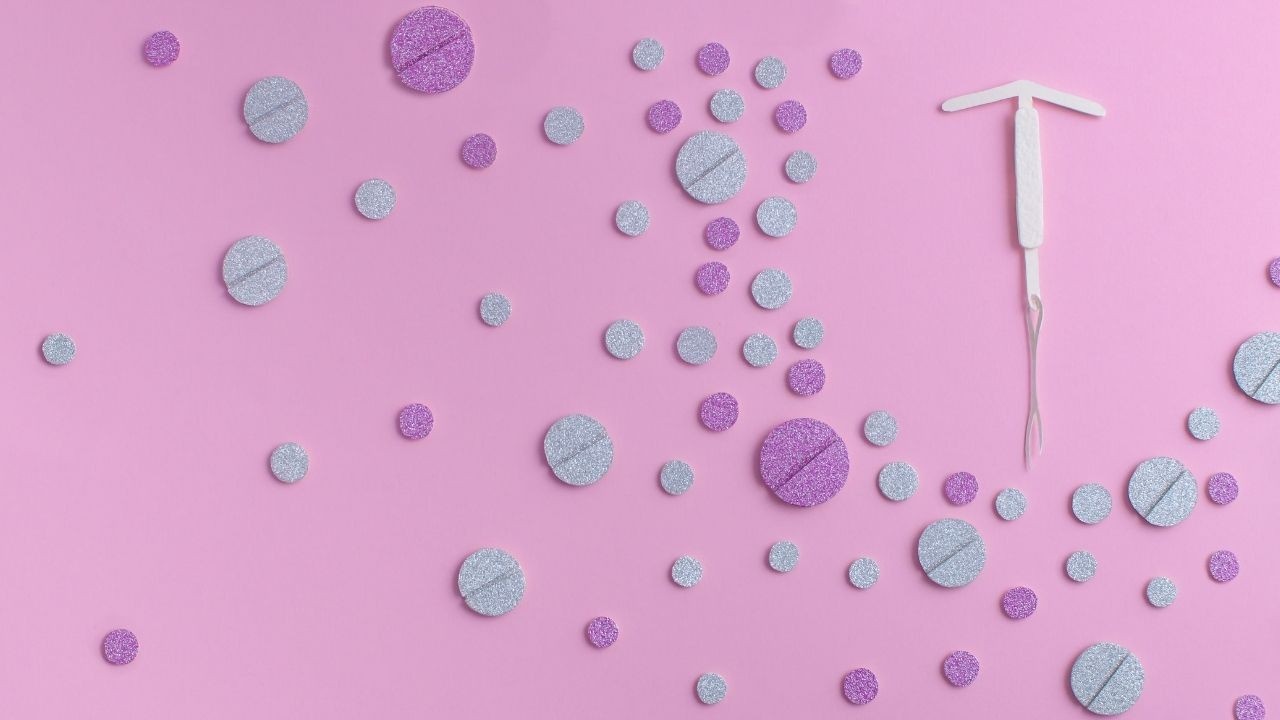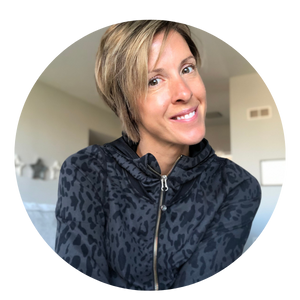
Three Truths and a Lie: Training Tips for Triathletes on Birth Control
Apr 14, 2022There is a lot of misinformation circulating when it comes to birth control for athletes. Should you be on the pill or get an IUD? Can contraception impact performance? Feisty Triathlon Head Coach & Educator Miranda Bush shares three “truths” and dispels a common myth when it comes to training on birth control.
Text by Miranda Bush, Feisty Triathlon Head Coach & Educator
I love getting to know and connect with people, so I can appreciate a good ice breaker. The often used “two truths and a lie” can be a fun one, even when playing with people you believe you know quite well. You produce a determined number of “facts” about yourself, all being true but one is a calculated lie. Then either a partner or members of the entire group try to guess which one was fabricated.
I feel like as we continue to unearth more scientific research surrounding female physiology, we can benefit from sifting through information with this kind of curious mindset. As marketers begin to stamp “woman” or “female” buzzwords on products in an effort to performatively show that they “care,” we will have to decipher between the truths and discard the lies scattered throughout.
This rings true for all things, including explaining to women how what we put in our bodies affects us. I recently reflected on my own experience with being prescribed a combination oral contraceptive pill (OCP) at a young age by a doctor that I trusted. I was grossly uninformed, and admittedly unaware of the questions that I could have been asking. I received no education on what the pill would do in my body, and how it would affect my naturally occurring hormones. There were basically no research studies done on the impact that the combo OCP could have on young women for the long or short term, and especially not for athletes. Although I was thankful for the option to protect myself against unwanted pregnancy, I felt I was encouraged to “just be happy to have an option.”
The lack of research and education is frustrating to recall. As I mentioned, an important factor that was left out of information, was what the pill actually did to your natural hormones, and how bleeding while on the pill is not an ovulatory menstrual period. This is often still misunderstood today, and results in many girls being prescribed the pill to either jumpstart or “regulate” their cycles. (Read here for more history and details on the OCP.)
According to a 2019 comprehensive report done by the United Nations, 1.1 of the 1.9 billion women of reproductive age (15-49 years) living in the world have a need for family planning. Either they are current users of contraceptives or have an unmet need. In 2019, 151 million of these women were on an OCP and 159 million were using an IUD. While it is impossible to know how many women and girls in this demographic identify as triathletes, we believe it is safe to assume that out of over 300 million, many of you will be impacted by your contraceptive choice in your sport.
Before tackling some specifics, women will benefit from researching the type and generation of OCP or IUD you are using, as well as gain an understanding of the progestin type and activity. It is also important to consider why you are on this form of birth control.
I recently wrote about the ways we can prioritize more sex. And if having more sex involves a desire to worry less about the possibility of an unwanted pregnancy, then you can benefit from knowing how to perform your best while using specific birth control methods.
*For the purposes of this article I will focus generally on the combined oral contraceptive pill (OCP) and the hormonal intrauterine device (IUD).*
Truth for Athletes with an IUD
A hormonal IUD is an effective means of contraception that has the lowest effects on a woman's naturally occurring hormones (Mirena™ is the most prescribed). Women still have a cycle while on the IUD, since it doesn't downregulate natural hormones. Instead, it changes the mucus membrane and lining of the uterus so that there is no place for fertilization or implantation of the egg.
The hormonal IUD does still suppress ovulation for 3-12 months after implantation. During that time you can track how you feel and train with those patterns. When ovulation returns you can use an ovulation predictor kit to be able to track your cycle (since you most likely will not bleed). At this time you can resume using your cycle as a training aid!
Truth for Athletes on an OCP
Although the combination pill is considered “hormonal,” the composition of these hormones are not the same as our naturally occurring ones. The effects of these synthetic hormones can include decreased cardiac output and peak power; increased oxidative stress and inflammation; and can negatively impact bone formation.
When taking a combo OCP, increase your antioxidant food intake (food – not supplements!). In reality, the oxidative stress on the body while taking the pill can be hard to overcome nutritionally alone. It is also important to include more recovery to offset this.
Regarding training on the pill:
- In weeks one through three, focus on more recovery – try a training rhythm of three days “on,” with specific blocks of anaerobic work timed away from your pill, along with progressive strength work.
- Follow every three days with one day “off” (or very easy active recovery).
- When taking the sugar pill during week four it is important to first track how your body rebounds from the constant peaks and troughs of synthetic hormones.
- Start with using the sugar pill week for very specific technique work and see if you feel the anabolic boost from natural estrogen. If so, this is a good time to incorporate heavy strength work and plyometrics, while offsetting that high-intensity work with more tempo aerobic efforts.
Truth for Athletes Testing or Racing on an IUD or OCP
Dr. Stacy Sims recommends taking your combo OCP opposite from your training to work opposite from the spike in hormones. (If you train in the evening, take your pill in the morning, or vice versa). Take this into consideration, especially for heavy strength workouts, and top-end anaerobic and/or fitness testing. Athletes with a newly implanted IUD can benefit from testing when they feel the best overall (established from tracking patterns). After resuming ovulation, schedule tests during your low hormone phase when possible.
And a Lie
One of the biggest “lies” surrounding using the combo OCP is that women have a “period” while taking the sugar pills. The truth is that this is actually a withdrawal bleed, and this is not the same as your period.
This lie can heavily impact athletes. A regular menstrual cycle is a key indicator of health for women. When it is manipulated by down regulating your natural hormones and relying on the synthetic ones in the OCP, we can more easily fall into being unaware of symptoms of Low Energy Availability.
I am going to cheat the game a little here and offer one more lie: the lie of omission. As we are seeing across many aspects of women in sport, there is a huge lack of research. I don’t want to sway you to make the “right” decision on birth control mentors, but to empower you with the knowledge to be an advocate for yourself. Connect to your body, track how you feel, and be willing to try new things. Change birth control methods if you find that your performance is inhibited by side effects.
As women in triathlon, it is important for us to be able to best utilize common birth control methods to be able to keep performing in our sport. As always, knowledge is the power that we use to be able to make the most informed decisions for our bodies.

Miranda Bush is the Head Coach and Educator at Feisty Triathlon. She is USA Triathlon and Training Peaks certified, as well as a certified Health Coach. She is also a graduate of Dr. Stacy Sim’s Women Are Not Small Men and Menopause for Athletes courses. As a longtime coach specializing in training women, her passion lies in using lessons from training and racing to teach athletes to evolve physically, mentally, and emotionally through sport. Miranda is also a longtime athlete and multiple Ironman and 70.3 distance podium finisher, maintaining a consistent racing career while working and raising her kids. She resides in Wisconsin with her three teenagers and husband who all love to race triathlon.
Get Feisty Triathlon straight to your inbox
Get the low-down on what's happening in the world of women's triathlon, tips & tricks to crush it on the race course and be the first to know about special offerings from our feisty sponsors.
We hate SPAM. We will never sell your information, for any reason.

